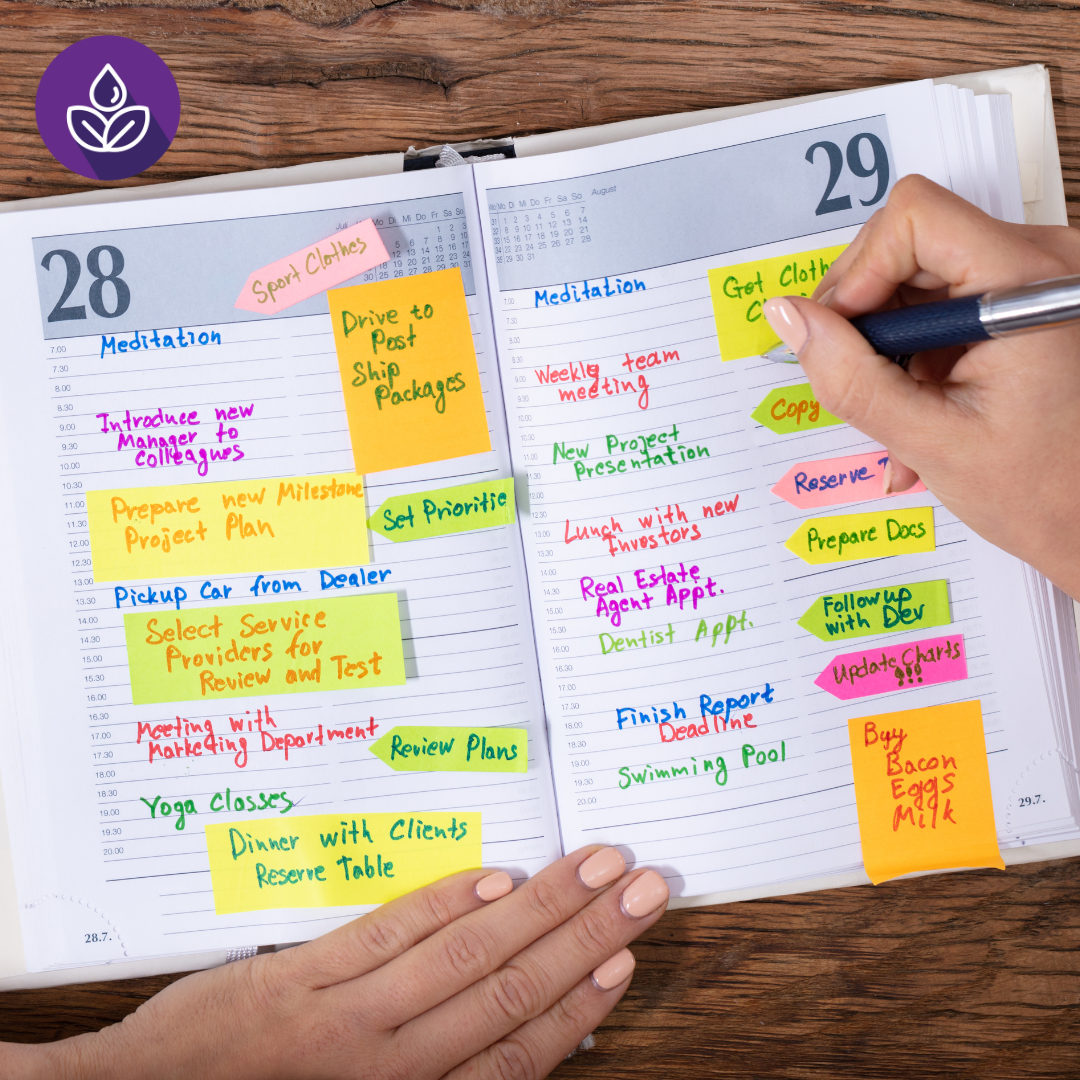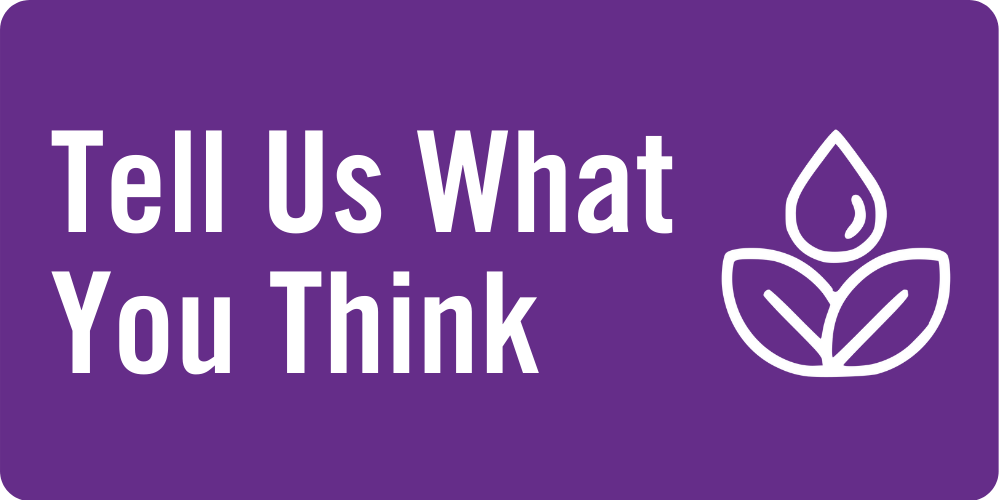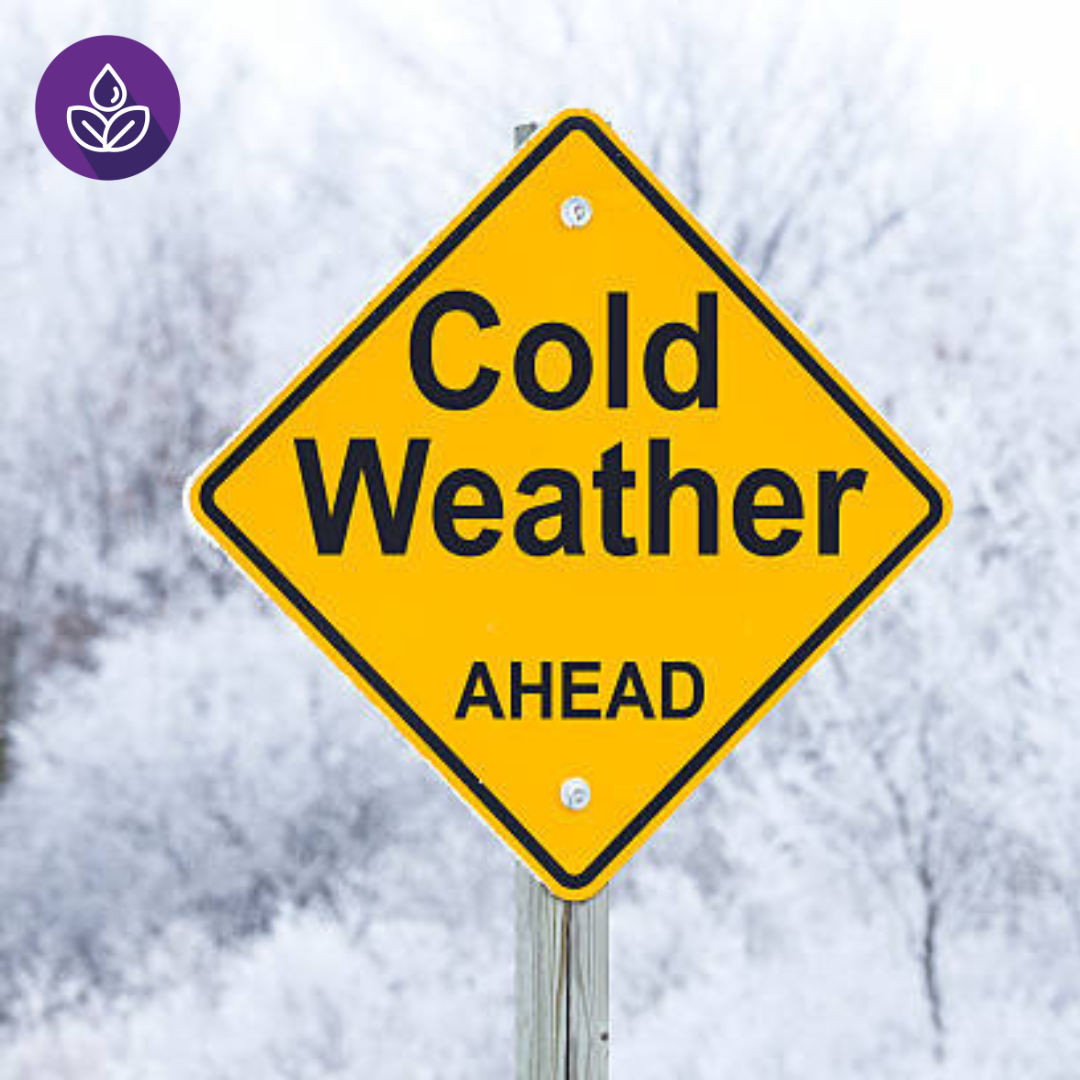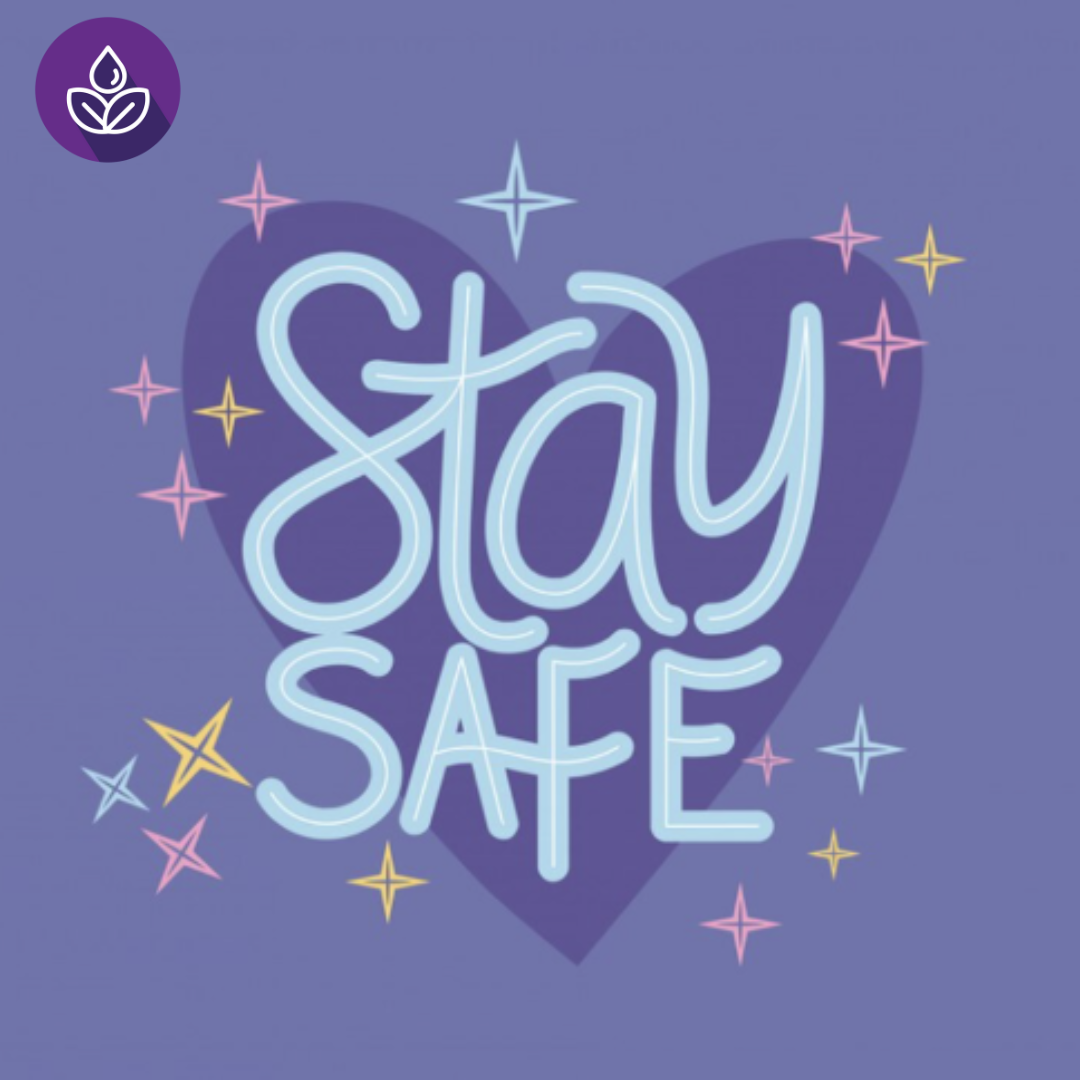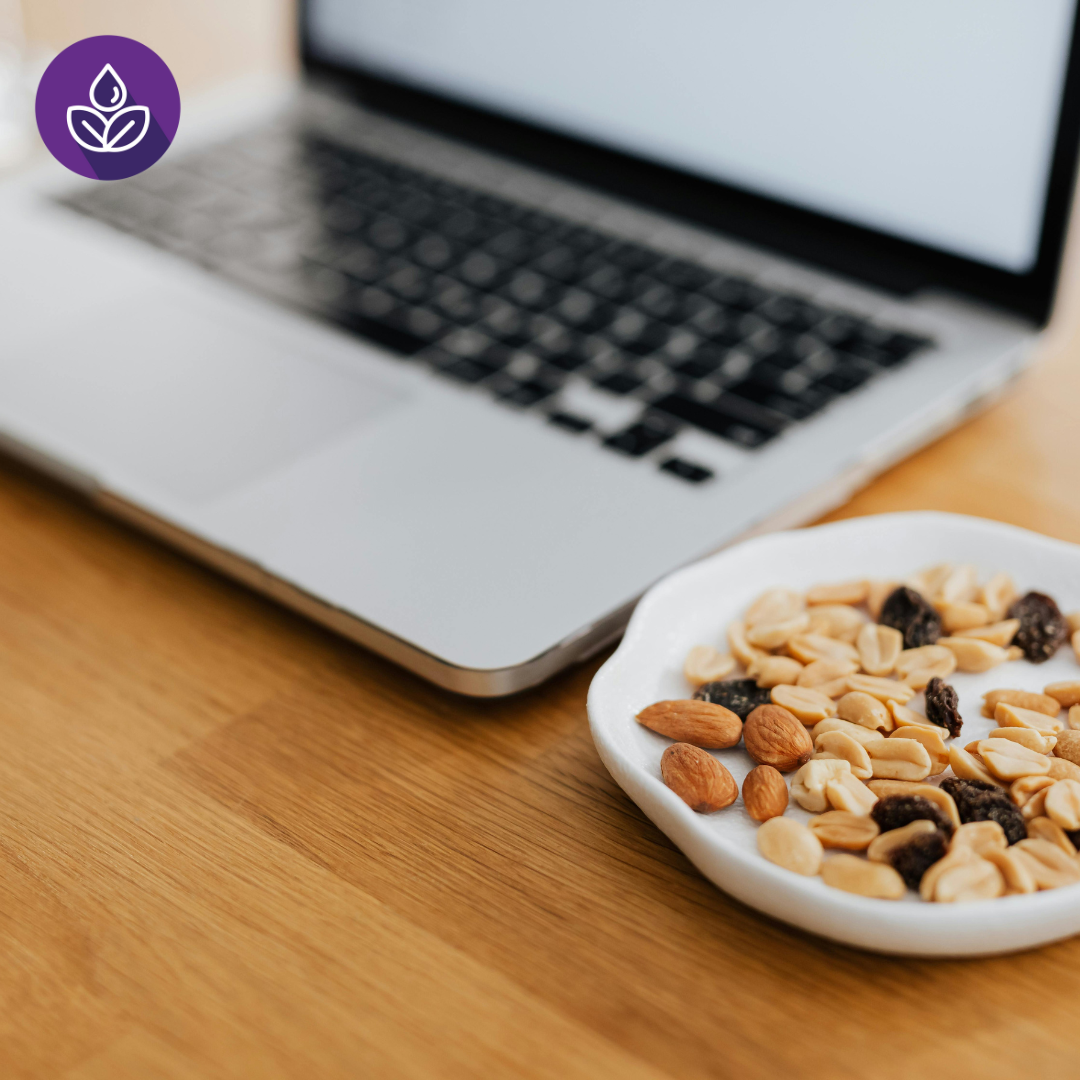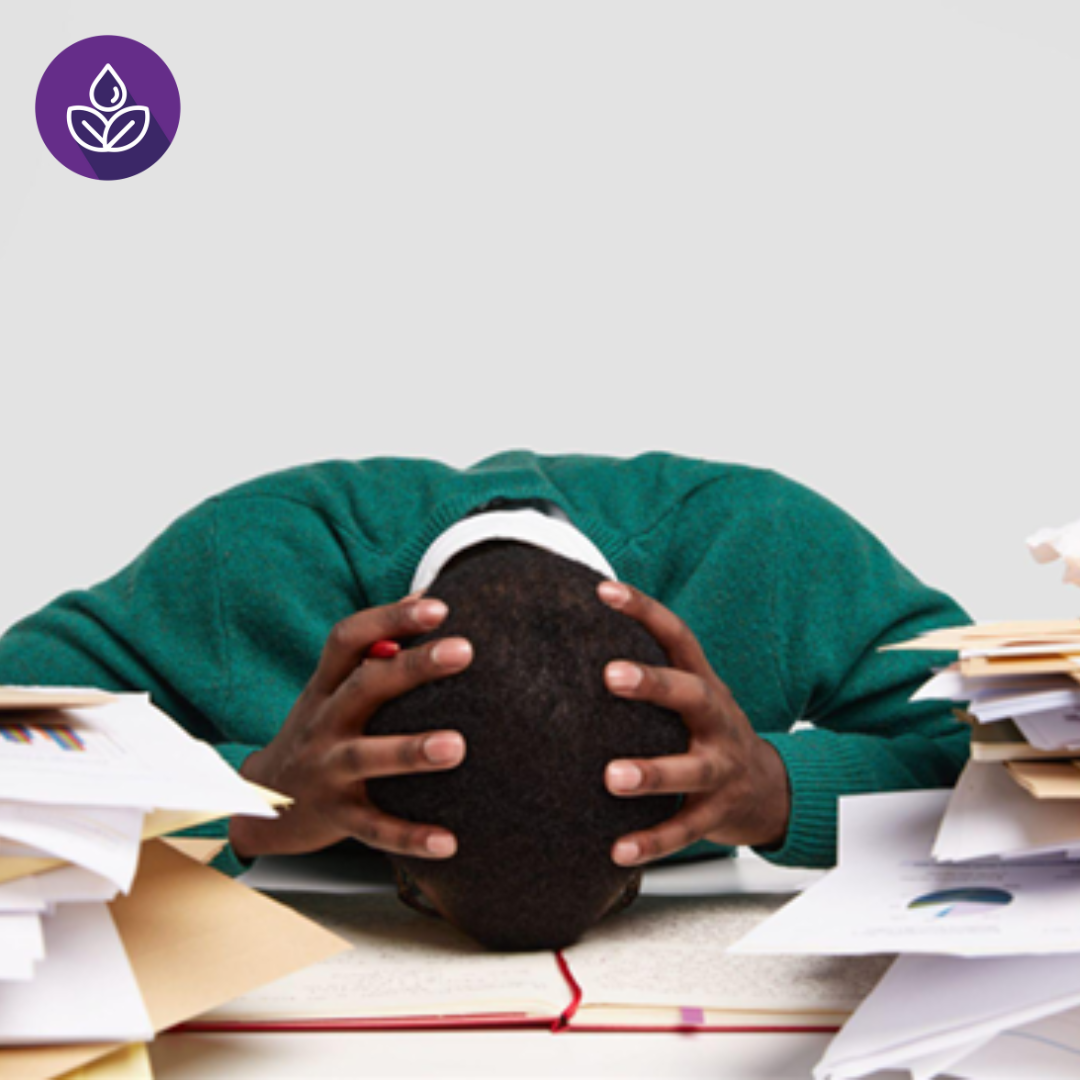How to Develop Habits That Stick (Even After January)
Every January, motivation is high. The wolf den is packed, planners are colour-coded, and everyone’s convinced this is the year things finally change. And then… midterms happen. Winter drags on. Life gets busy.
If your New Year’s resolutions have fizzled before, you didn’t fail but maybe your approach did. Lasting change has a lot less to do with willpower and a lot more to do with small habits that fit with your life.
Why Resolutions Usually Don’t Work
Most resolutions focus on big outcomes:
Get fitter
Eat better
Be less stressed
The problem? Our brains don’t change behaviour based on vague intentions. They change through repeated actions, shaped by habits and environment. Add in the pressure to change everything at once and burnout isn’t a surprise. Motivation spikes (like January 1) are real, but they’re short-lived. The good news: there’s a better way.
Try This Instead: Habit-Based Change
A helpful reframe is shifting from what you want to who you’re becoming.
Instead of: “I need to work out more.”
Try: “I’m someone who moves my body regularly.”
That identity shift matters — and it’s built through small, doable habits.
4 Habit Shifts That Actually Stick
1. Make It Smaller Than You Think
If it feels impressive, it’s probably too big.
❌Work out 5 days a week
✅ Move for 5 minutes
Small habits lower the barrier to starting. Consistency builds momentum — not intensity.
2. Change Your Space, Not Your Personality
Willpower is unreliable. Your environment does way more work than motivation ever will.
A few simple tweaks:
Keep a water bottle on your desk
Lay out workout clothes ahead of time
Charge your phone away from your bed if sleep is a goal
You’re not trying to be more disciplined; you’re making the healthier option easier.
3. Pick One or Two Things (Not Everything)
Trying to overhaul your entire life at once is a fast track to overwhelm.
Research consistently shows people are more successful when they:
Focus on fewer habits
Practice them consistently
Add more only once the first ones feel automatic
Less really is more.
4. Stop Chasing the “Fresh Start” Feeling
January motivation fades, and that’s normal. Real habits are built on random Tuesdays in February and stressful weeks in March. Missing a day isn’t failure. What matters is coming back.
What This Looks Like for Students
Here are some realistic swaps:
Instead of: “I’ll stop procrastinating”
Try: “I’ll work on assignments for 10 minutes after class.”Instead of: “I’ll manage stress better”
Try: “I’ll take three slow breaths before opening my laptop.”Instead of: “I’ll eat healthier”
Try: “I’ll add one fruit or veggie to one meal a day.”
Small counts. Small sticks.
Want Built-In Structure? Try a Challenge
If you like a little accountability (and prizes don’t hurt), SHW challenges can be a great way to experiment with habit change .
- Thawed Out Fitness Challenge (starts January 12)
- A low-pressure way to get moving this winter. The goal isn’t perfection, it’s showing up consistently, by logging 21 workouts in 28 days (doing whatever kind of movement that feels good for you)
- No Nic Challenge (January 19-23)
- Thinking about cutting back or taking a break from nicotine? This challenge focuses on short-term change, daily check-ins, and support, not judgment.
Both challenges are designed to help you build habits gradually, with incentives along the way.
The Bottom Line
You don’t need a dramatic resolution to create change.
What actually works:
Habits tied to who you’re becoming
Changes that are small enough to repeat
Environments that support you
Progress over perfection
Remember that Lakehead has support available to you to support physical, financial, social, mental and academic wellbeing- use the WellU Key to explore!
